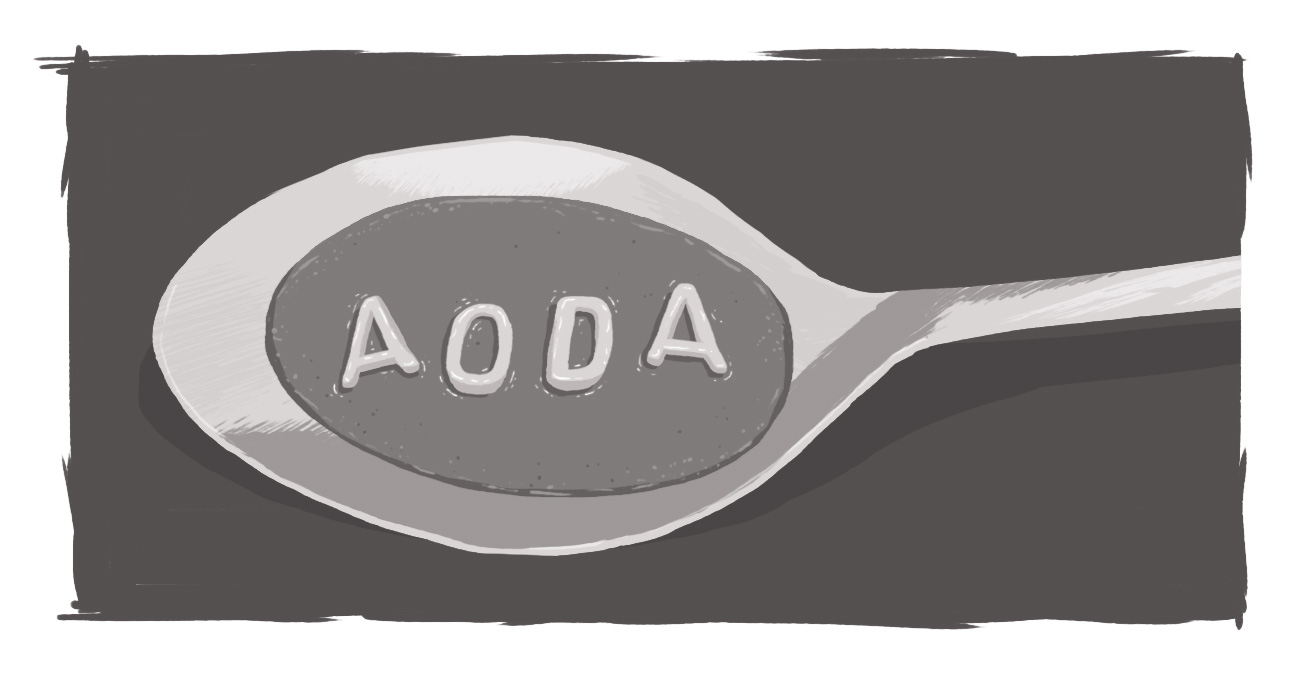Me Comprenez-Vous? AODA in French

I have spent the last few days preparing for and enrolling in French as a Second Language classes in a local community college. In addition to learning about some wonderful technology, to which I wasn't previously aware I had access, I started wondering about the Accessibility for Ontarians with Disabilities Act and multilingual compliance.
In Canada, the question of bilingualism of documentation comes up frequently and many people aren't aware of the official requirements. Though Canada has two official languages: English and French, the only officially bilingual province is New Brunswick. Other provinces have different requirements. In Quebec, for example, the official language is French and English is restricted in size and use.
In Ontario, we have regional bilingualism. There are 25 areas that are required to provide provincial government services in French. On a municipal level, it's a case-by-case basis. Even in those 25 areas, it's up to the municipality itself to determine whether its services needs to be bilingual.
I imagined that content in Ontario in any language was required to follow AODA requirements – there had been no stipulation it was to apply only to English materials – but I wanted to be sure. The AODA Page from the Government of Ontario is very helpful, but as I had a specific question I needed answered, I decided to try their hotline.
The friendly customer service representative was able to confirm for me that any printed or digital materials in any language produced in Ontario must be AODA-compliant. This means that alternate formats must be available (large print, Braille or other formats) for printed material, and websites must meet WCAG 2.0 Level AA requirements (with the exception of audio description and captioning of live events) by 2021.
This is not surprising and was what I was expecting to hear, but it was good to receive the confirmation. I also had not previously been aware of the hotline for individuals and businesses to have their AODA questions answered. It is a bilingual hotline which can be reached toll-free at 1-866-515-2025. It is a valuable resource.
So, the easy answer is that if you're already providing services and documentation in French (or any other language), then you should ensure those services and documents are available in accessible formats as per AODA compliance. Many companies choose to have bilingual sites and bilingual documentation as part of their commitment to customer service. If that's the case, it should be extended to the portion of your audience that requires accessibility measures.
After all, no matter what the language, you want to make sure your message is heard by the widest possible audience.
Is AODA required in French?
Do I have to provide Braille translations?
SUBSCRIBE TO OUR E-NEWSLETTER
 Subscribe
Subscribe


